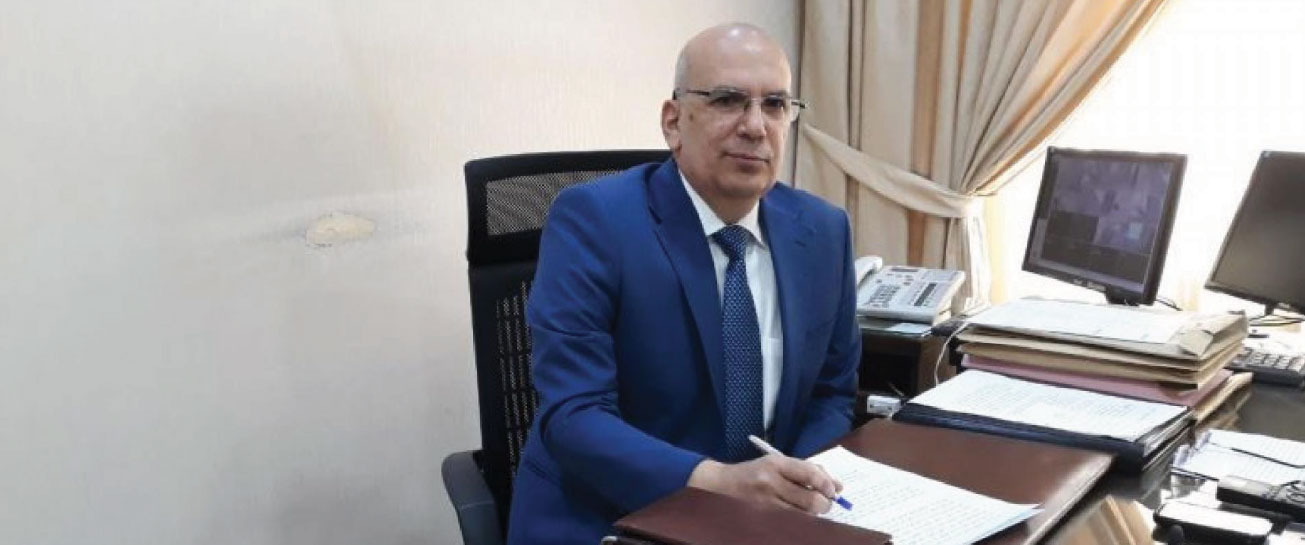Drug Enforcement Administration (DEA) Director Brig. Gen. Nidal Joreige has revealed that the number of drug cases recorded this year reached 4,991 incidents, while the number of accused reached 6,408 people. By comparison, he noted that last year 9,260 cases were registered, while the number of defendants reached 11,730 people.
In an exclusive interview with al-Watan, Joreige explained that recently the authorities had intercepted many drug trafficking operations in which smugglers used sophisticated measures that were difficult to detect. Nevertheless, the DEA managed to detect these measures thanks to the experience and efforts of anti-drug agents, who succeeded in seizing the smuggled substances and arresting the smugglers themselves.
Read Also: Regime Launches “No to drugs” Seminar, Claims Supporting International Efforts to Combat Drugs
For example, some technical means used by drug traffickers include hiding drugs inside domestic products such that the person could uncover several layers without discovering the full amount of drugs smuggled. He added that one method was to hide drugs inside chickpeas, creating an artificial chickpea that could not be uncovered with the naked eye.
He stressed that efforts in the fight against drugs are permanent and ongoing, pointing out that drug traffickers have always resorted to sophisticated and modern tools for their work. Accordingly, the authorities’ efforts to combat the drug trade need to keep pace with these developments.
Drug reduction strategy
Brigadier General Joreige noted that Syria is an active member of all international offices and bodies specialized in combating drugs. Most notably, these include the United Nations Office on Drug and Crime and the International Narcotics Control Authority. Joreige noted that international cooperation exists — the latest of which is Syria’s participation in the international anti-drug trafficking operation launched in the United Arab Emirates in mid-June. Organized by Interpol, the operation features the participation of 19 countries around the world.
Joreige pointed out that the strategy applied in Syria to reduce the spread of drugs depends on two policies: reducing demand and combating supply. The first hinges on improving awareness and treatment, which is assigned to the Ministry of Health as well as the rehabilitation duties assigned to the Ministry of Social Affairs and Labor. Meanwhile, the second policy depends on seizures and confiscations, as well as international conventions and anti-drug regulations. In some cases, these rules amount to death sentences for certain crimes, including the manufacture and cultivation of drugs.
This article was translated and edited by The Syrian Observer. The Syrian Observer has not verified the content of this story. Responsibility for the information and views set out in this article lies entirely with the author.


